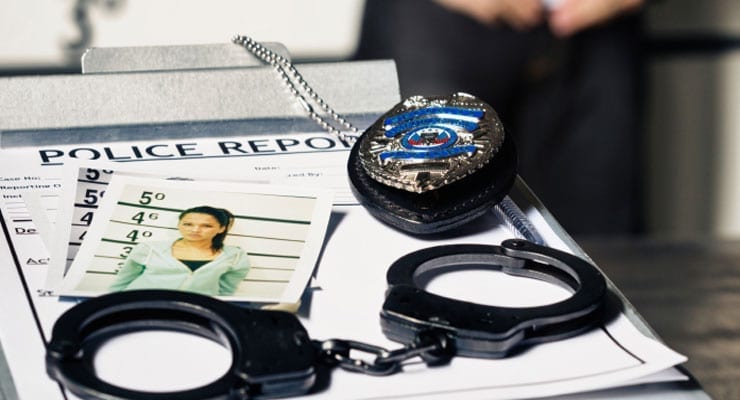It’s the motherlode of motherhood’s darkest topics, guaranteed to make you recoil even if you have personal familiarity with miscarriage, infertility, birth defects, stillborn infants or child abuse: moms who kill their own kids.
The predictable reaction when a mom murders children: headlines sure to inspire shock and horror.
Which was exactly what I felt when a few years ago I read that 25-year-old Lashanda Armstrong drove her minivan off a boat ramp into the Hudson River, drowning three of her four children and herself. Only her 10-year-old son survived, escaping through a car window after trying in vain to free his brother and sister from their car seats.
After the first wave of revulsion passed, I suffered something worse than horror: identification with Armstrong’s isolation and desperation.
I have never wanted to kill myself or my children. I love them more profoundly than I ever could have imagined loving anyone or anything. I bet Lashanda Armstrong did too. But I have to admit that I’ve deeply regretted having my children. For fleeting moments, sometimes as long as a day or two, I’ve hated what motherhood has done to my independence, my career, my marriage, and my soul. I’ve been completely, utterly leveled by the endless responsibility of caring for my children. I’ve despised myself for my lack of ability to be the joyful, loving, patient mother I always thought I’d be. I’ve wanted, deep in the pit of my stomach, to run away, to let someone more capable raise my kids, and to never, ever come home again.
I didn’t have my first child until I was 33. I’m still married to my children’s father, a nice guy on most days. We have financial stability, extended family, kids without mental or physical disabilities, and enough resources to hire babysitters and other “help.”
So it seems natural enough to identify with, and feel sympathy for, a mom like Lashanda Armstrong. She had her first child at 15. At 25, before many women marry, she was raising four children. She was working fulltime and going to school. She was trying to disentangle herself and her children from the abusive, neglectful father of her three youngest children.
In many ways, what’s most remarkable is that our society could ever rationally expect one person to shoulder the myriad responsibities Lashanda Armstrong faced every day.
But at the same time it’s natural to want to distance ourselves from a mom who kills her kids. A mom like Leisa Jones, the 32-year-old single mother who killed herself and her children by setting fire to her Staten Island home in 2010. Hence the shock and horror, the kneejerk “How could she?” reactions.
It’s important to explore this dreadful subject beyond our initial recoil. Talking about how normal it is, at times, for good moms to hate motherhood could offer powerful comfort to moms desperate enough to ponder taking their own lives and their children’s.
I don’t mean moms like Andrea Yates, who drowned her five children in Texas in 2001 because she thought they were possessed by the devil. Or Benita Jacks, the Washington, D.C. mom who killed her daughters and then lived with their decomposing bodies for several months. These women suffered from serious mentally illnesses wholly separate from the stresses of motherhood. Fortunately most women cannot identify.
But many moms experience fleeting despair like I do, like Lashanda Armstrong apparently did. Conservative estimates are that over 100 women kill their children every year. A mom contemplating suicide has a one in 20 chance of taking her children with her, driven by the same protective maternal instinct that compels us to feed our kids nutritious foods and hold their hands when we cross the street. Suicidal moms want to protect their children from the same forces destroying them, and no mom, even a suicidal one, wants to leave her children to face the world alone.
So what do we do to help other moms and ourselves? Forget the handwringing after the tragedies, the warning signs everyone says they missed. I wish I could go back in time and tell Lashanda Armstrong that I’ve been there too. The simple but gut-wrenching solution is to talk openly about our own dark moments, our failures as mothers, the times even good moms let down ourselves and our kids, the nights we want to rip out our uterus. Motherhood is the hardest thing I’ve ever done, and I grew up with an alcoholic mother, survived BC calculus and married a physically abusive man. Motherhood? By far life’s biggest challenge. We only make our moments of despair more devastating by refusing to admit they happen at all.





